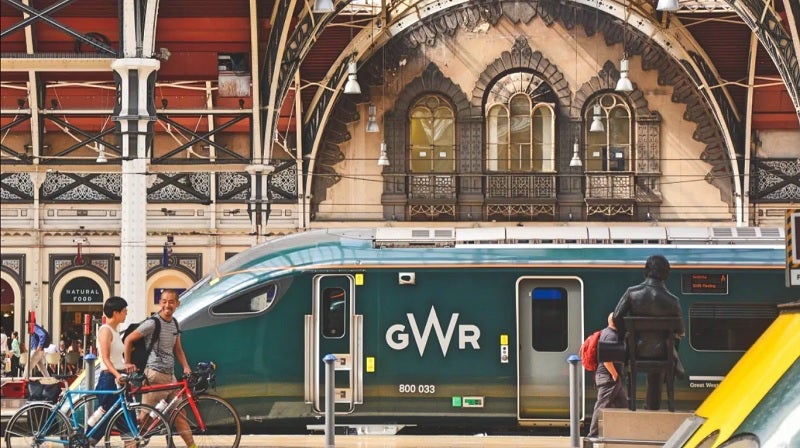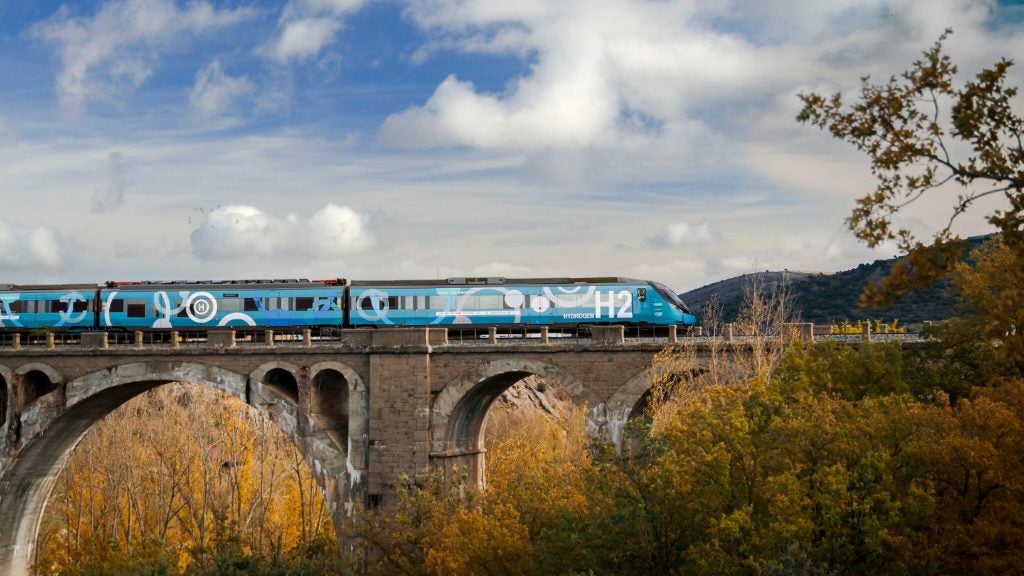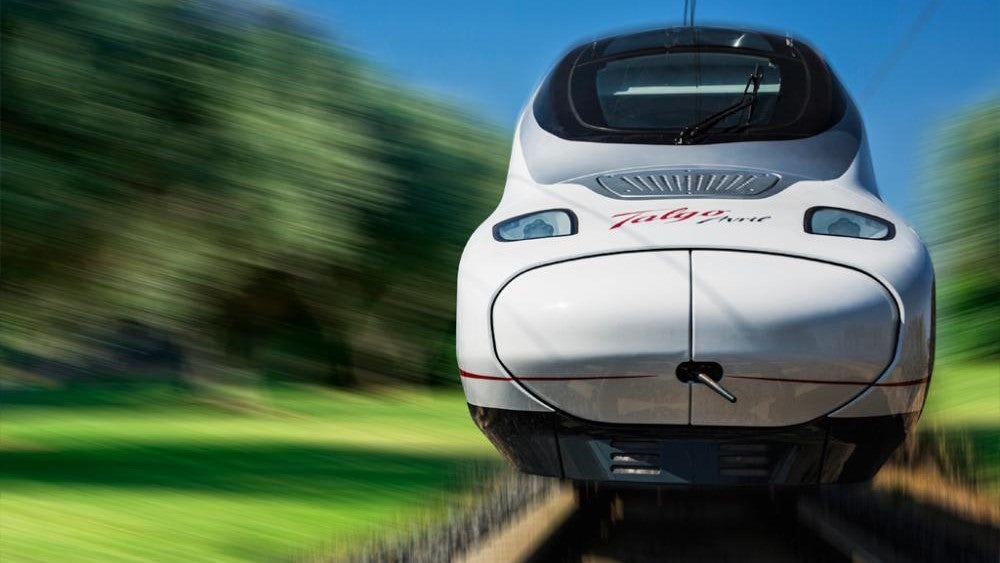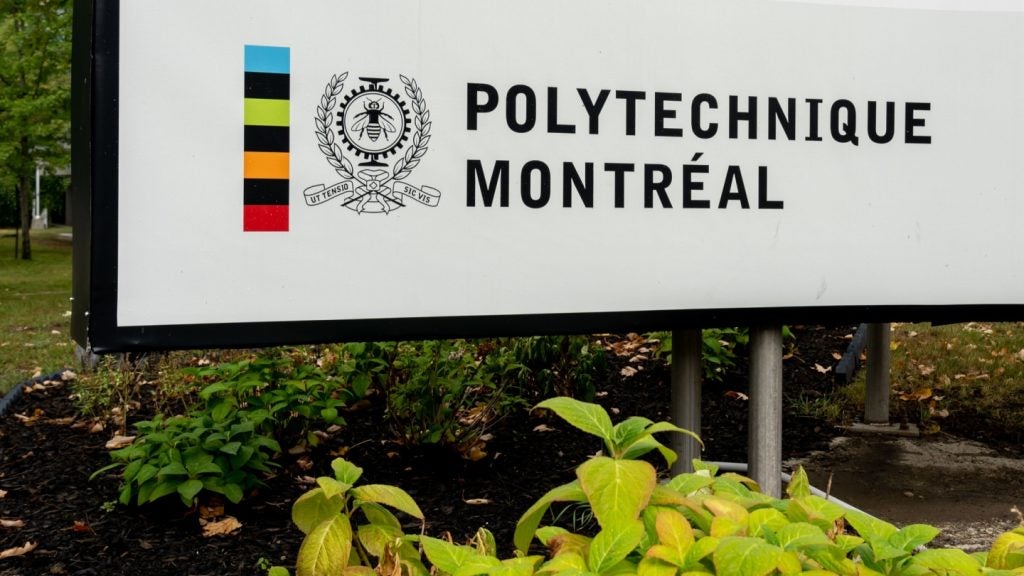
Hitachi Rail, in collaboration with Eversholt Rail, has proceeded to the advanced phases for designing and engineering an electric-diesel-battery (tri-mode) train.
The intention is to undergo testing on a Great Western Railway (GWR) Class 802 next year.
For functional trial and incorporation onto the train, work has commenced for the development of the battery while the proof of concept and layout have reached the last stages of approval.
The 6m x 2.2m battery will swap one of the diesel engines on a five-car GWR Class 802 train.
This battery system, which will comprise two operating modes, can function on partially electrified track between Penzance and London.
It will be able to run solely on battery when moving on non-electrified segments of the GWR network.
How well do you really know your competitors?
Access the most comprehensive Company Profiles on the market, powered by GlobalData. Save hours of research. Gain competitive edge.

Thank you!
Your download email will arrive shortly
Not ready to buy yet? Download a free sample
We are confident about the unique quality of our Company Profiles. However, we want you to make the most beneficial decision for your business, so we offer a free sample that you can download by submitting the below form
By GlobalDataUnder the second mode, it will help increase the power of the diesel engines to enhance the performance of the train.
The companies have already performed fire safety tests to back the design and security case of the battery.
System integration testing will now be conducted at Hitachi’s site in Naples, trailed by joint testing in Japan.
Next year, both tests will take place, allowing manufacturing and fitment to be executed at Hitachi’s Newton Aycliffe factory.
On-track testing will then be caried out on the Great Western network.
Hitachi Rail UK and Ireland country lead Jim Brewin said: “Creating an intercity battery hybrid train is a green innovation that will cut emissions by at least 20%, improve air quality and generate fuel savings for the operator.
“This is new technology, and we have made progress in creating the battery prototype and are now preparing for system and network trials. The UK has an opportunity to become a global leader in battery technology and we believe it will be key to the government meeting its net zero targets.”
Last year, Hitachi and Eversholt Rail reached an exclusive agreement to develop an intercity battery hybrid train for GWR to carry commuters between the London and Penzance route.
Furthermore, Hitachi Rail agreed in principle with Angel Trains and TPE to retrofit intercity battery hybrid trains, with an aim to test the ‘clean technology’ on the Transpennine route next year.
For the testing, a diesel engine will be swapped by batteries to power a five-carriage train, in addition to the two remaining engines.
Last week, ScottishPower won a contract to supply 100% renewable electricity to Hitachi Rail’s UK operations over the coming three years.






